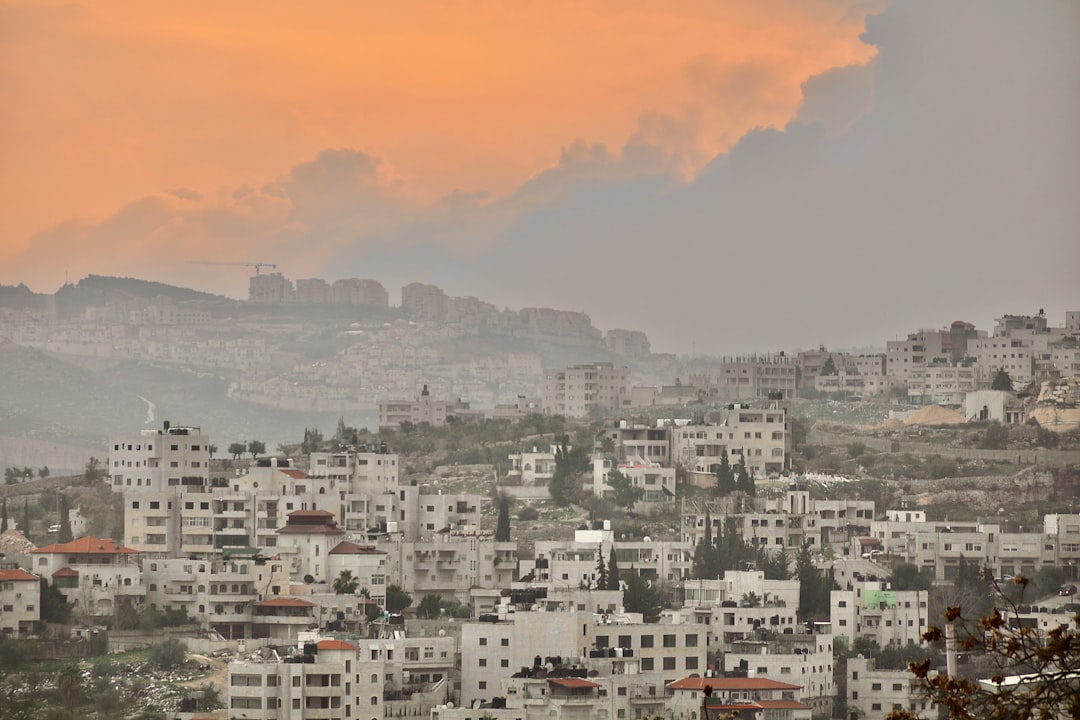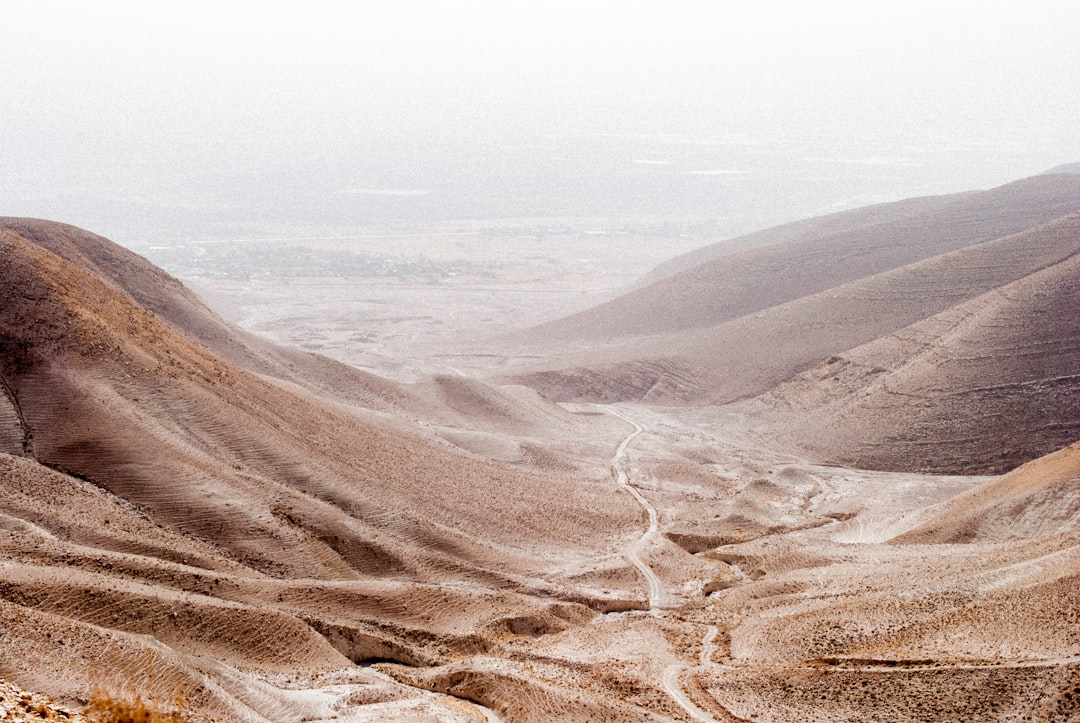A Jewish Case Against Zionism
Growing up I was fed one sided propaganda. If we want to live out our values we have to seek the truth.
The entire mainstream coverage of the latest, explosive Israeli and Palestinian conflict begins the timeline with Hamas, and other groups, launching their attacks. Likewise with nearly every statement from politicians and powerful figures. In fact, the official White House line, then parroted by countless others, is that this wave of violence was entirely “unprovoked.” We should be clear that this word is sinister. Because regardless of exactly what you think of Zionism, Israel, and Palestinian resistance, the language of unprovoked washes away the past. And there is a long past to consider.
I am well aware, as we all are, of how contentious this topic is. So let me briefly tell you how I come at it. I am Jewish, and I was sent to be educated at a Jewish dayschool where the concern for Israel was a foundational element of life and of the cirruclum. It was a regular and central topic of discussion in many classrooms. This was due largely to the fact that a majority of the teachers who led the classes on Hebrew, and many of the classes on the Bible, were Israeli. Zionism was not a casual subject for them. It was fundamental, it was an ideology they very, very much wanted all of their students to subscribe to. And as a child, I did.

What I mean by that is as a child I did not question that Israel had a God-given right to exist. I did not question what I was told about heroic fighters defending the nascent state of Israel from the attacks that began with its founding in 1948 and continue to this day. I did not question the inevitable drum beat that came through in each discussion after Hamas of Hezbollah or others attacked. And it was easy and natural to support all this as a child when your teachers were telling you about their families hunkered in shelters in Tel Aviv. But then I got older.
I don’t know exactly when I began to question. It could have started with my best friend. They were born in Jerusalem, their parents met in the Israeli army, and at some point they started to question the narratives we were fed about the occupation and the violent status quo. My questioning also could’ve come from simply starting to learn more. I remember the first time I heard the word Nakba. In 9 years of Jewish schooling, learning daily from Israeli teachers and discussing Israel every week at the very least, I had never heard the term. The Nakba was the destruction of Palestinian society and the forced displacement of the majority of Palestinians from their homeland in 1948. In 9 years of discussion, I had never heard of it.
When I first heard it, and learned what it meant, something changed. Thinking back to the years of such a one-sided narrative and realizing just how much had been left out, I felt betrayed. I had been taught about the heroic fight to establish the state of Israel against all odds again and again, but no one had ever told me what happened to everyone already living in that area. Everyone living on the land for the two thousand years prior was simply erased in the Zionist telling of the tale, the way it was delivered to me. The double erasure of an entire people, first off the land they had lived on for thousands of years, then from the telling history of that same forced exodus, struck me as profoundly and deeply wrong. And this wrong was and is compounded, to me, by the fact that my people have perpetrated it. A people who should know so much better.
I’ll leave it to others who know the history in greater depth and detail to tell how the British Empire and early Zionists formed what would become the state of Israel, but I can tell you with great confidence that the Jewish people have a long history of being expelled from one land after another, one home after another, of being attacked and persecuted and killed. But there are multiple ways to respond to that history. We can hold deeply to the idea that no one should ever experience what we have been subjected to, or we can turn and say that we must protect ourselves at all costs, even if it means hurting others the way we’ve been hurt. And the state of Israel in many ways chose the latter. Settlers steadily steal land and homes in the West Bank, Gaza is an open-air prison where people face terrifyingly low life expectancy, and Palestinians are regularly subjected to war crimes.

I know many people will see this and balk and reject much of what I’m saying. Several will probably unfollow me, and that is what it is. I’ve tried to keep it largely to my experience primarily for that reason. This is the arc of my understanding of the situation in Israel-Palestine. It is my belief that all Jews should be fully and completely safe in this world, as should all people. But I do not believe that carving out a settler-colonialist country, a process that is immensely violent and requires ongoing violence to maintain itself, is the way. I won’t claim to know the perfect path from here to peace, but I do know that true peace requires justice, not just the absence of bombs and bullets. True peace isn’t just a calm status quo while underneath a thin façade people live in open-air prisons and have their homes stolen from them. I want a true peace built on freedom, fairness, and the absence of oppression.
Again, I don’t claim to know how to get from here to there, and I won’t pretend to, but the first step must be a true and honest reckoning with what Amnesty International calls Israel’s apartheid system. We must shake ourselves free of one-sided propaganda and look reality in the face. Otherwise, the violence will continue. Today people locked in an open-air prison will keep trying to use any means to break free, and the IDF will respond by bombing Gaza. That is simply a statement of fact. And unless we are clear about how structurally this oppressive system is not sustainable and must be changed, the fighting and bombing will continue. Civilians will be harmed and will die. So all I ask, here, is that you reject one-sided propaganda and look at the real history that led to this moment. The violence did not appear out of thin air, it was not unprovoked, and the denial of this history will only lead to more harm. I hope we can see with clear eyes and work towards actual, real peace.


This is exactly why I subscribed.
We cannot erase the facts and as uncomfortable as they are, we must remember that we are NEVER hearing the entire story.
Thank you for reminding me of what isn’t being said.
I'd never unfollow or unsubscribe, because I disagree with a view as long as that view is expressed in a way that is neither cruel nor purposefully bigoted.
I unfollowed a substack once because I felt the writer's views were overtly homophobic.
That said, here's my very different take on the situation, which I posted on another site that came to the same POV as yours.
Don't conflate "Palestinians" with "Hamas."
The Palestinian people have been so evilly served by their Hamas leaders who care only about staying in power and care nothing for the people they lead. Hamas is a terrorist kelptocratic government. The Palestinians ought to be staging a revolution against their government. But they won't and so now Israel will have to do it.
robertsdavidn.substack.com/about (free)